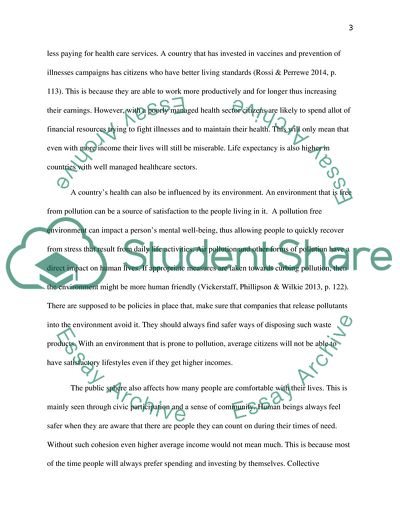Cite this document
(Higher average incomes do not necessarily mean an improvement in Essay, n.d.)
Higher average incomes do not necessarily mean an improvement in Essay. https://studentshare.org/macro-microeconomics/1811454-higher-average-incomes-do-not-necessarily-mean-an-improvement-in-average-citizens-wellbeing
Higher average incomes do not necessarily mean an improvement in Essay. https://studentshare.org/macro-microeconomics/1811454-higher-average-incomes-do-not-necessarily-mean-an-improvement-in-average-citizens-wellbeing
(Higher Average Incomes Do Not Necessarily Mean an Improvement in Essay)
Higher Average Incomes Do Not Necessarily Mean an Improvement in Essay. https://studentshare.org/macro-microeconomics/1811454-higher-average-incomes-do-not-necessarily-mean-an-improvement-in-average-citizens-wellbeing.
Higher Average Incomes Do Not Necessarily Mean an Improvement in Essay. https://studentshare.org/macro-microeconomics/1811454-higher-average-incomes-do-not-necessarily-mean-an-improvement-in-average-citizens-wellbeing.
“Higher Average Incomes Do Not Necessarily Mean an Improvement in Essay”. https://studentshare.org/macro-microeconomics/1811454-higher-average-incomes-do-not-necessarily-mean-an-improvement-in-average-citizens-wellbeing.


